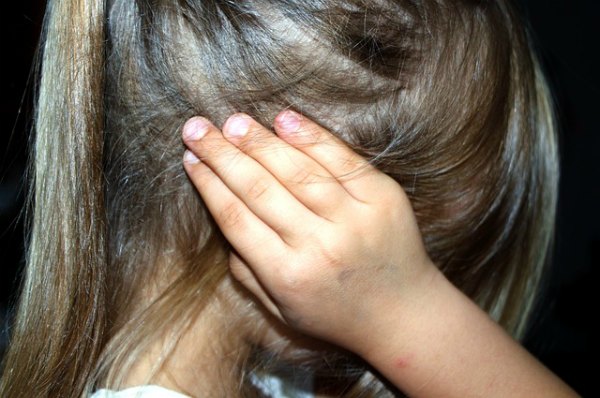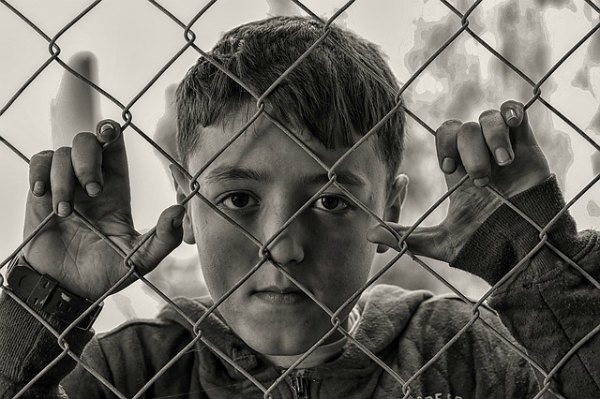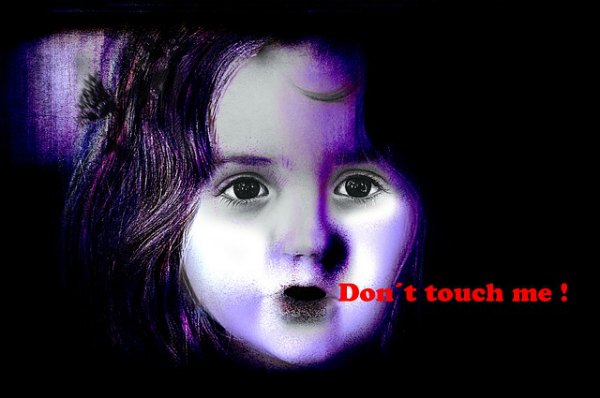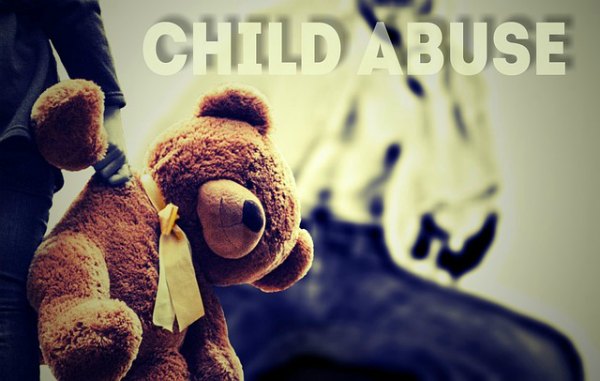With the recent case of child abuse in a reputed school hitting the country hard, there is an urgent need for awareness as well as alertness amidst parents and caregivers Among all kinds of child abuse i.e. physical abuse, emotional abuse and sexual abuse, sexual abuse is the most difficult subject for parents and caregivers to discuss with their children. However, as frightening as the topic may be, sexual abuse is a serious and widespread problem that affects both, boys and girls.
In most cases, the person who sexually abuses a child is an adult or an older child known to the victim, often an authority figure that the child knows, trusts or loves.
Unfortunately, the distinctiveness of children with special needs makes them more vulnerable to the risk of abuse. Besides, since, children with physical or mental disabilities have difficulty with basic social interaction that are inherent in many disabilities, it also makes it hard for such children to verbalize incidents of abuse.
How to Prevent Sexual Abuse of Children With Disabilities?
- Sexuality education starts very early in life (example, teaching differences between boys and girls; using the boys room or girls room, etc.) and continues well into adulthood (dating, marriage, and parenting).
- Understanding basic safety skills like personal privacy – who can and cannot help the child in washrooms, using public restrooms independently and the restriction of nudity to personal bathroom or bedroom.
- Teaching the child accurate names of private body parts and the difference between “okay” and “not okay” touches.
- Trust your instincts! If you feel uneasy about leaving a child with someone, don’t do it.
- Be aware of adults who offer children special gifts or toys, or adults who want to take your child on a “special outing” and/or to special events.
- Ensure that the therapy centres, hospitals, schools, daycare centres etc are continuously monitored by live cameras, have “open door” policy and an authorized person in charge.
Sexual Abuse Indicators in Disabled Kids
Wondering how will you know if your child with special needs is being sexually abused? Here are signs of sexual abuse – physical as well as behavioral that children with disabilities usually show –
Physical Indicators:
- Complaints of pain, itching or irritation in genital or rectal area.
- Torn, stained or bloody underclothing.
- Evidence of trauma (e.g., bruises or bleeding) of the anus, external genitalia, or vaginal area.
- Child has difficulty walking or sitting.
- Presence of a sexually transmitted disease.
Behavioural Indicators:
- Refusal to change clothes or to participate in physical activities.
- Increase in sleep disturbances (bedwetting, nightmares, teeth grinding etc).
- Fearful of places or persons.
- Shows sudden change in behaviour or personality.
- Begin to over-eat or under-eat.
- Regresses to immature behaviours such as wetting pants or sucking thumb.
- Demonstrates aggressiveness, depression, anxiety, anger outbursts.
- Cries excessively without provocation or self-destructive behaviour.
- Withdrawn behaviour from family or friends due to low self-worth.
- Pregnancy or contraction of a venereal disease.
- Acts seductively toward classmates, teachers or other adults.
- Masturbates excessively or before puberty.
- Reluctance to be left alone with a particular person or people.
- Sexual knowledge, language or behaviours that are unusual and inappropriate for their age
- Display of poor performance in school, home and therapy centre.
- Increase in intensity or frequency of self-stimulatory / self-injurious / repetitive behaviours.
- Destroys or damages any object or article associated to the culprit or abuse scenario.
- Sometimes draw sketches or figures of the culprit / associated object /abuse scenario
Getting Help
If a child / other adult caregiver discloses abuse or shows any physical or behaviour indicators, step one is to stay calm, listen carefully and NEVER blame the child.
Thank the child for telling you and reassure him or her of your support.
Report the abuse and call for help immediately.
Also Read: Know How to Protect Your Child From Sexual Abuse
Also Read: Top 10 Guidelines Every Parent Must Know About School Bus Safety Rules in India
There are many validated treatments for children who have been sexually abused, including:
- Psychological counselling which includes Individual therapy, Family therapy and Group therapy
- Trauma-focused cognitive behavioural therapy.
Lastly, family and friends play a significant role in overcoming the entire trauma faced by the child, hence it is very important to be patient to understand the child’s state of mind. Stay positive and strong to support the child across all situations.






